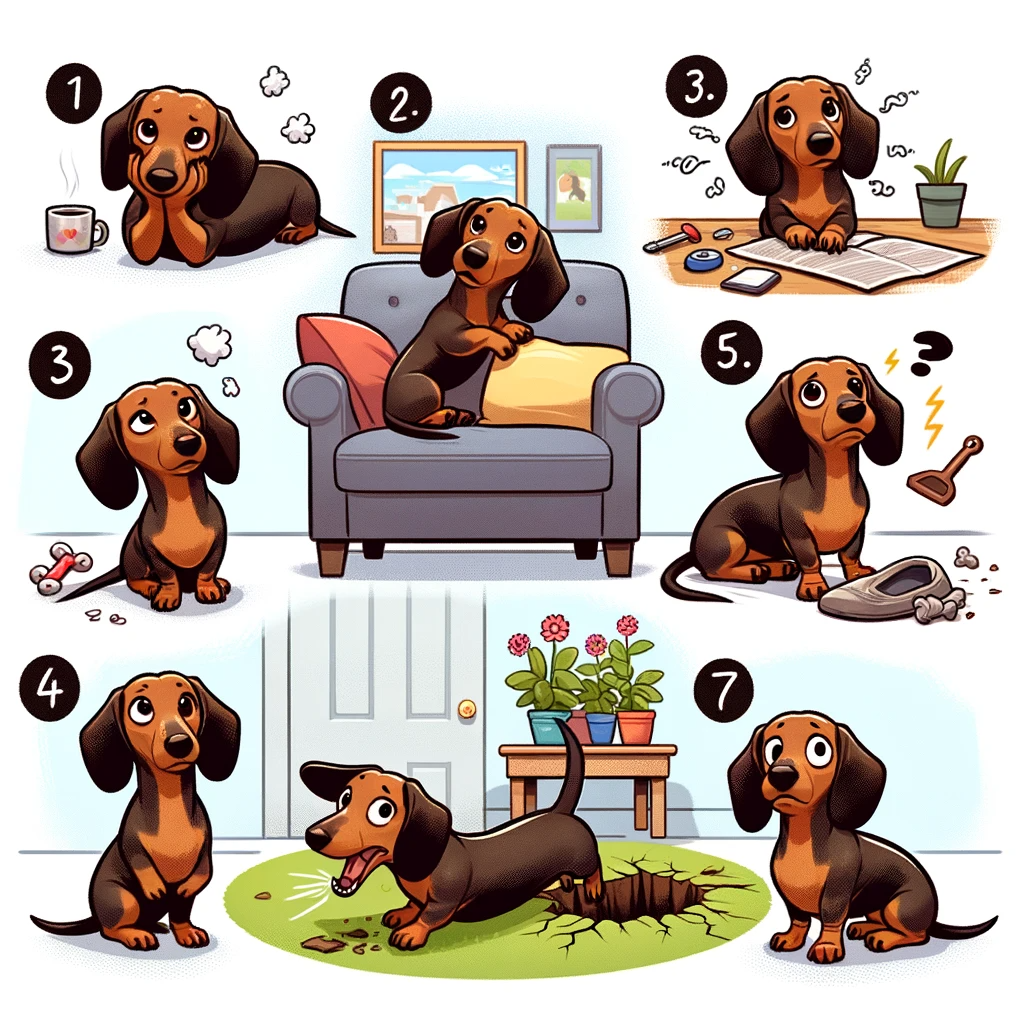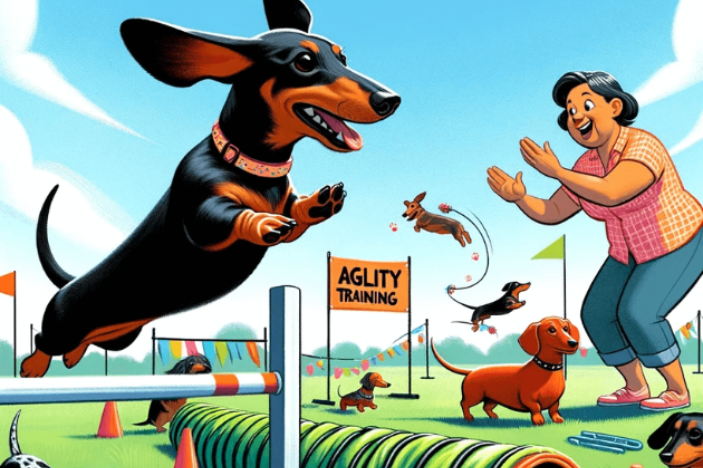Seizures are a significant health concern in Dachshunds, marked by sudden, uncontrolled electrical disturbances in the brain. This condition can manifest through various symptoms, including convulsions, loss of consciousness, and involuntary movements, significantly impacting their quality of life. Understanding the causes, recognizing the signs, and knowing how to respond and manage seizures are essential for Dachshund owners.
Causes of Seizures in Dachshunds
Seizures in Dachshunds can stem from several factors:
- Genetic predisposition: Some Dachshunds are genetically predisposed to epilepsy, a primary cause of recurrent seizures.
- Underlying medical conditions: Liver or kidney diseases, brain tumors, and metabolic disorders can trigger seizures.
- External factors: Head injuries, exposure to toxins, and extreme temperatures are potential external triggers.
Identifying Seizure Symptoms
Recognizing the signs of a seizure is crucial for timely intervention:
- Physical manifestations: Look out for convulsions, muscle twitching, and loss of bladder or bowel control.
- Behavioral changes: Unusual vocalizations, disorientation, and sudden falls can indicate a seizure.
Immediate Actions During a Seizure
Taking the right steps during a seizure can protect your Dachshund from further harm:
- Ensure safety: Clear the area around your pet to prevent injuries.
- Avoid restraint: Do not attempt to hold your Dachshund down during a seizure.
- Observe and document: Note the duration and characteristics of the seizure for your vet.
Preventing Future Seizures
While not all seizures can be prevented, certain measures can reduce their frequency:
- Regular veterinary care: Regular checkups can help identify and manage underlying causes.
- Medication adherence: If prescribed, ensure your Dachshund takes all medication as directed.
- Stress reduction: Maintain a calm environment to help minimize seizure triggers.
Conclusion
Seizures in Dachshunds, while challenging, can be managed with proper care and medical intervention. By understanding the causes, recognizing the signs, and knowing how to respond, Dachshund owners can ensure their pets lead comfortable, fulfilling lives despite this condition. Always consult with a veterinarian for a tailored approach to your Dachshund’s health needs.




